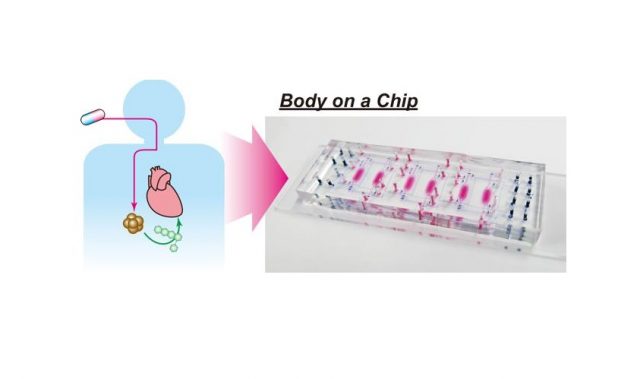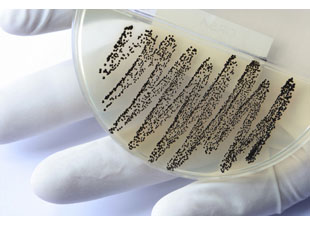
AsianScientist (Apr. 26, 2018) – Researchers in Singapore have developed synthetic macromolecules that can kill multidrug-resistant cancer cells and cancer stem cells. Their findings have been published in the Journal of the American Chemical Society.
Resistance to conventional chemotherapeutic drugs leads to cancer metastasis and relapse. Therefore, there is an urgent need to develop new therapeutics that can kill cancer cells without inducing drug resistance development after multiple treatments.
Building on previous research on bacteria-killing macromolecules, a multidisciplinary research team from the Agency for Science, Technology and Research (A*STAR) and IBM Research has shown that macromolecules can also be used to selectively kill cancer cells.
“Our hypothesis was that with macromolecular compounds, we could limit the growth of tumors by inducing membrane lysis and necrosis inside tumors without significant adverse effects in patients,” said Dr. Chen Qingfeng, a principal investigator at A*STAR’s Institute of Molecular and Cell Biology.
The researchers demonstrated that a macromolecule containing positively charged components could bind to the negatively charged surfaces of cancer cells. They also proved that another portion of the macromolecule assimilated into the cell membrane, poked holes in the cancer cell and destroyed it.
“The macromolecules were designed to self-assemble into core-shell structured nanoparticles, which accumulate in tumor tissues,” explained Dr. Yang Yi Yan, a group leader at A*STAR’s Institute of Bioengineering and Nanotechnology.
“The shell prevents the anti-cancer core from interacting with healthy cells before reaching the tumor. Upon arrival at the tumor site, the shell will crack open to expose the cancer-killing component that interacts with negative charges on the cancer cell membrane to disrupt the membrane and kill the cell.”
The article can be found at Park et al. (2018) Addressing Drug Resistance in Cancer with Macromolecular Chemotherapeutic Agents.
———
Source: A*STAR; Photo: Shutterstock.
Disclaimer: This article does not necessarily reflect the views of AsianScientist or its staff.












